When Washington State voters legalized adult-use cannabis in the November 2012 election—joining Colorado as a reform guinea pig in the U.S.—social equity was an afterthought, at best.
With a greater emphasis on addressing the past harms of prohibition in today’s legalization world, nearly a decade later, regulators and elected officials in Washington are now pursuing avenues for a more equitable industry.
In Seattle, Mayor Bruce Harrell put forward a trio of bills Aug. 9 he developed in partnership with city council members and industry stakeholders that are intended to address equity in the space by helping to foster a more diverse industry and supporting cannabis store workers.
“For a thriving Seattle economy, every worker and business deserve safety and the opportunity to learn, grow and prosper,” Harrell said in a press release. “As the cannabis industry continues to develop, we must course correct and support the communities who too often have been left behind. Equity in this industry means safe working conditions and fair treatment for workers, store ownership that includes the communities most impacted by the war on drugs, and a commitment to fairness, innovation and opportunity.”
The bill package aims to implement immediate actions as well as structures for long-term solutions. If passed, it would require the following:
Creation of a city-level social equity license, intended to reduce barriers toward opening cannabis stores for underrepresented communities and those most impacted by the drug war. Laying the groundwork for future cannabis-related businesses, in collaboration with the Washington State Liquor and Cannabis Board, to also issue licenses through a social equity framework. Ensuring transparency to employees around ownership of cannabis store business licenses holders.Requiring a 90-day retention of store workforce when ownership changes, similar to protections created for hotel workers in 2019. Creation of a short-term cannabis advisory committee, selected in collaboration with Seattle City Council to collect input on cannabis equity and needs from workers, community members and industry leaders. Implementation of a needs assessment to understand additional steps to make the industry more robust and sustainable for diverse communities. Collaboration with county and community efforts to further the work of expunging convictions for cannabis-related crimes prior to 2014. Development of a state and federal legislative agenda promoting cannabis equity, as well as safety improvements, capital investments and access to banking services.
The mayor’s announcement of the bill package came nearly a week after Washington State Liquor and Cannabis Board (LCB) regulators announced Aug. 3 that they proposed rules to create a Social Equity in Cannabis program.
RELATED: Washington Regulators Propose Rules to Create Social Equity in Cannabis Program
While LCB has the authority to license and regulate the industry at the state level, the proposed legislation in Seattle would allow the city to take tangible steps toward improving fairness and opportunity in the industry, according to Harrell’s office.
“While these policies alone cannot solve generations of injustice, they are critical first steps and a clear commitment to a One Seattle approach, where we make progress through partnership, working with state and federal leaders, industry stakeholders and store workers to continue moving forward,” the mayor said.
As social equity cannabis licenses are allocated across Washington, Harrell’s proposed legislation would help ensure Seattle is situated to enhance local equity efforts, he said.
In crafting the bills, the mayor partnered with City Councilmember Teresa Mosqueda.
“After years of community asking for greater equity in the cannabis industry, this legislation represents an initial step in the right direction towards creating local equity applications, improving workforce standards, and focusing on safety for workers in the cannabis industry,” Mosqueda said in the mayor’s release.
The mayor and city council also partnered with the Craft Cannabis Coalition, an association of more than 70 retailers and allied producers statewide, including half of Seattle cannabis retail stores.
They also worked with the United Food and Commercial Workers (UFCW) Local 3000 labor union, which includes more than 50,000 members working in various industries, including cannabis, across Washington State, northeast Oregon and northern Idaho.
]]>
